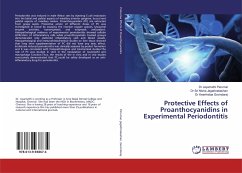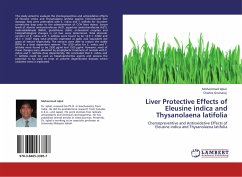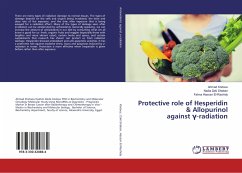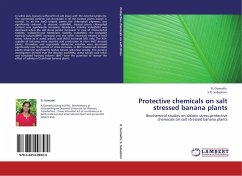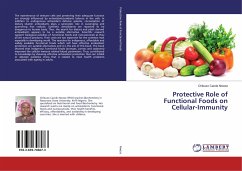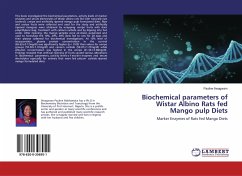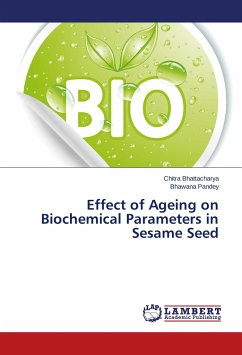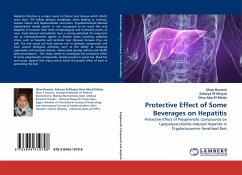Periodontitis was induced in male Wistar rats by injecting E.coli endotoxin into the labial and palatal aspects of maxillary anterior gingivae, buccal and palatal aspects of maxillary molars. Proanthocyanidins (PC) are extracted from grape seeds. Protective action of different doses of PC was investigated in blood by assaying the reactive oxygen species, lysosomal enzyme activities, nonenzymatic and enzymatic antioxidant. Histopathological evidence of experimental periodontitis showed cellular infiltration of inflammatory cells while proanthocyanidin treated groups demonstrated only scattered inflammatory cells and blood vessels. Histopathological and immunohistochemical studies on liver tissue showed that long term supplementation of PC did not have any toxic effect. Endotoxin induced periodontitis was clinically assessed by pocket formation and it was correlated with histopathological and biochemical studies.The role of PC was studied in vitro in the modulation of neutrophil and macrophage function.Thus, the results of the in vitro and in vivo studies conclusively demonstrated that PC,could be safely developed as an anti-inflammatory drug for periodontitis.
Bitte wählen Sie Ihr Anliegen aus.
Rechnungen
Retourenschein anfordern
Bestellstatus
Storno

